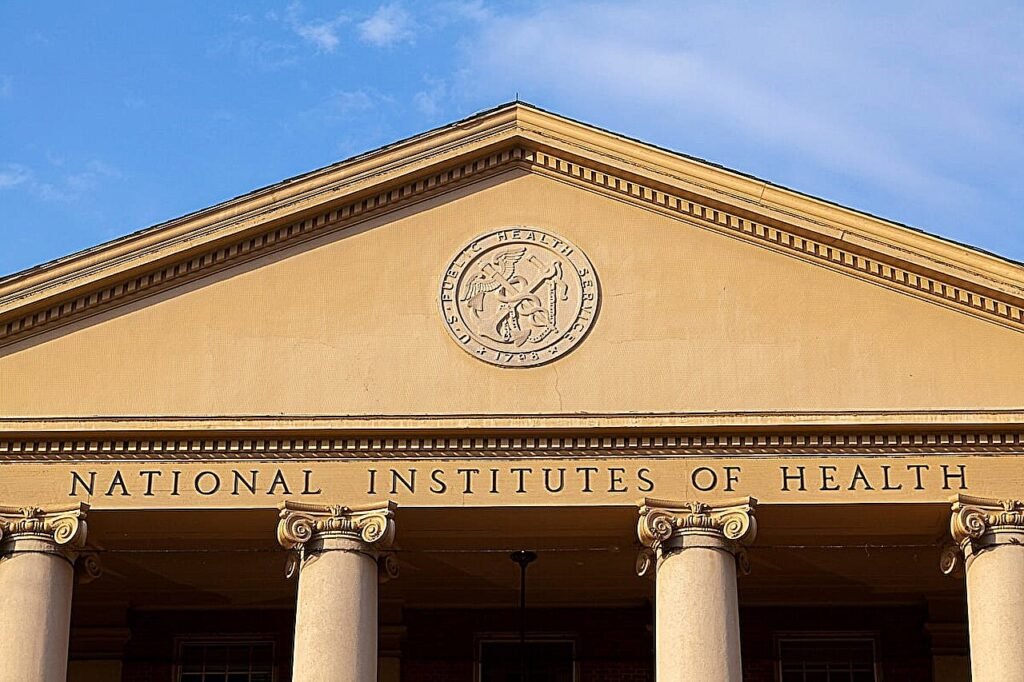The recent announcement that the prestigious U.S. science journal, Environmental Health Perspectives (EHP), has suspended new submissions due to budget cuts has sent shockwaves through the research community. EHP, known for its focus on environmental health and funded by the National Institutes of Health (NIH), has been a vital resource for researchers studying the impact of environmental toxins on human health for over 50 years.
The decision to pause new submissions was attributed to concerns over federal funding cuts, which have put the future of the journal in jeopardy. Joel Kaufman, the top editor at EHP, expressed uncertainty about the renewal of essential contracts needed to sustain the journal, including those for copy-editing and editorial software. This move has raised questions about the future of EHP and the impact it will have on the dissemination of crucial research in the field of environmental health.
The potential loss of EHP has been met with dismay by the scientific community, with experts highlighting the importance of the journal in providing valuable information for decision-making. Jonathan Levy, chair of environmental health at Boston University, emphasized the significant loss that would result from the journal’s closure, limiting access to essential research findings.
EHP is not the only journal facing threats under proposed budget cuts for the U.S. Department of Health and Human Services (HHS). Other free journals, such as Emerging Infectious Diseases and Preventing Chronic Disease, funded by the U.S. Centers for Disease Control and Prevention (CDC), are also at risk of losing support. These journals play a crucial role in disseminating health research and keeping scientists informed about emerging threats.
The potential loss of these journals comes at a time of broader tensions between the federal government and the scientific publishing space, with some journals facing scrutiny over their ethics. Researchers have expressed concerns that cutting support for journals like EHP contradicts the administration’s stated goal of studying chronic diseases and undermines efforts to promote open-access publishing.
EHP has been a pioneer in open-access publishing, allowing free access to its articles and enabling researchers from small universities to share their work without high publication fees. The journal’s government funding has been instrumental in promoting a culture of transparency and accessibility in scientific research.
As the future of EHP hangs in the balance, researchers and health professionals are calling for continued support for essential journals that play a critical role in advancing scientific knowledge and informing public health policies. The potential loss of these valuable resources underscores the importance of maintaining funding for scientific research and ensuring access to vital information for decision-making.
Overall, the suspension of submissions by EHP highlights the challenges faced by scientific journals in an era of budget cuts and underscores the need for continued support for essential research publications. The impact of these decisions on the scientific community and public health efforts cannot be overstated, emphasizing the importance of safeguarding resources that contribute to the advancement of knowledge and the promotion of evidence-based practices.


